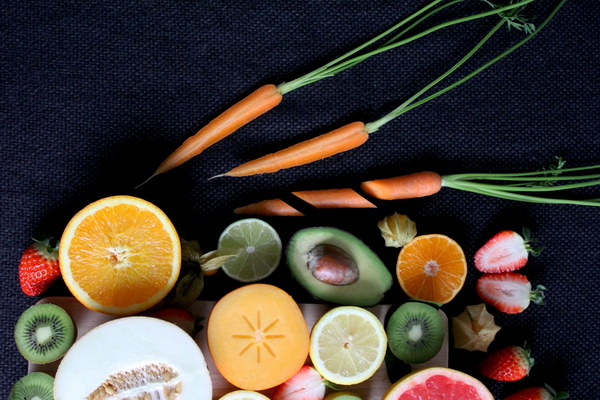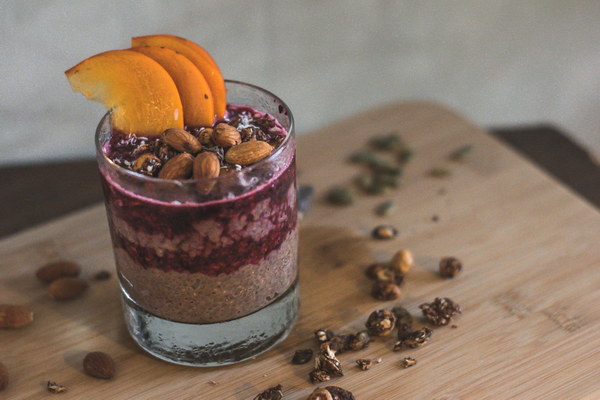Can You Take Supplements When You Have Dampness
Introduction:

Dampness, a common term in traditional Chinese medicine, refers to a condition where excess dampness accumulates in the body. It is believed to cause various health issues, such as fatigue, weight gain, and digestion problems. Many people wonder whether it is safe to take supplements when they have dampness. In this article, we will explore the relationship between dampness and supplements, and provide some guidance on how to manage this condition.
Understanding Dampness:
Dampness is considered an imbalance in the body's Yin and Yang energy, where excess dampness disrupts the normal functioning of organs and tissues. It is often associated with a humid climate, excessive intake of cold and damp foods, or an accumulation of dampness in the body due to other health conditions.
Types of Dampness:
There are different types of dampness, including:
1. Damp-heat: Characterized by symptoms such as fever, headache, and yellowish urine.
2. Spleen dampness: Often associated with fatigue, bloating, and weight gain.
3. Kidney dampness: Can lead to joint pain, lower back pain, and reproductive issues.
Supplements and Dampness:
When it comes to supplements, it is essential to understand that not all supplements are suitable for individuals with dampness. Here are some considerations:
1. Herbs: Certain herbs can help reduce dampness and improve overall health. Examples include:
- Astragalus (Astragalus membranaceus): Known for its immune-boosting properties and ability to drain dampness.
- Poria (Poria cocos): Often used to relieve dampness and support kidney function.
- White atractylodes (Atractylodes macrocephala): Helps to strengthen the spleen and eliminate dampness.
2. Vitamins and minerals: While vitamins and minerals are generally beneficial, some can exacerbate dampness. It is essential to consult with a healthcare professional before taking any supplements, especially if you have dampness.
3. Detoxifying supplements: Some detoxifying supplements may help eliminate dampness by supporting the liver and kidneys. However, it is crucial to use them under the guidance of a healthcare provider.
Managing Dampness:
To manage dampness, it is essential to adopt a holistic approach that includes diet, lifestyle, and supplements. Here are some tips:
1. Diet: Avoid cold, damp, and greasy foods, such as ice cream, fried foods, and sugary drinks. Instead, focus on warm, cooked foods and consume more vegetables and lean proteins.
2. Exercise: Regular physical activity can help boost the body's energy and improve circulation. Activities such as walking, yoga, and tai chi can be particularly beneficial.
3. Stress management: High levels of stress can contribute to dampness. Practices such as meditation, deep breathing, and mindfulness can help reduce stress levels.
4. Sleep: Ensure you get adequate sleep, as insufficient sleep can weaken the body's ability to fight dampness.
Conclusion:
In conclusion, while supplements can play a role in managing dampness, it is essential to consult with a healthcare professional before starting any new supplement regimen. By adopting a holistic approach that includes diet, lifestyle, and appropriate supplements, you can effectively manage dampness and improve your overall health.









